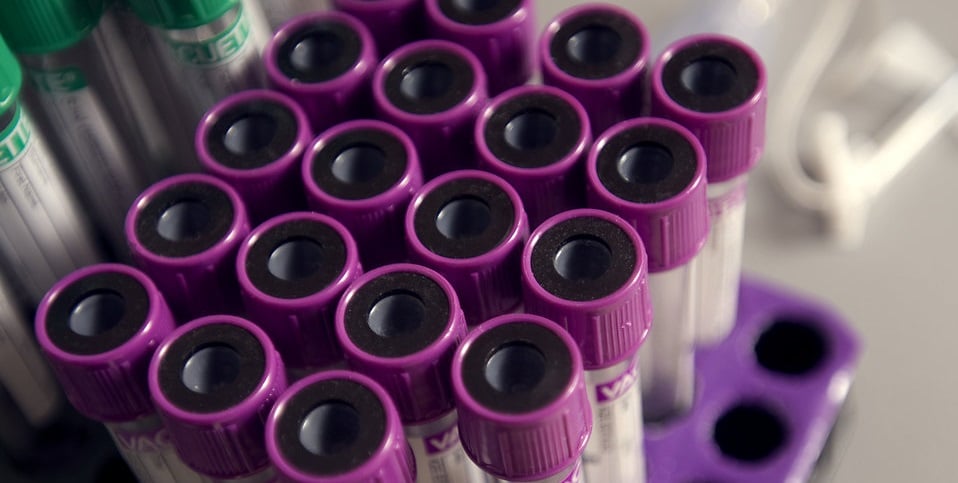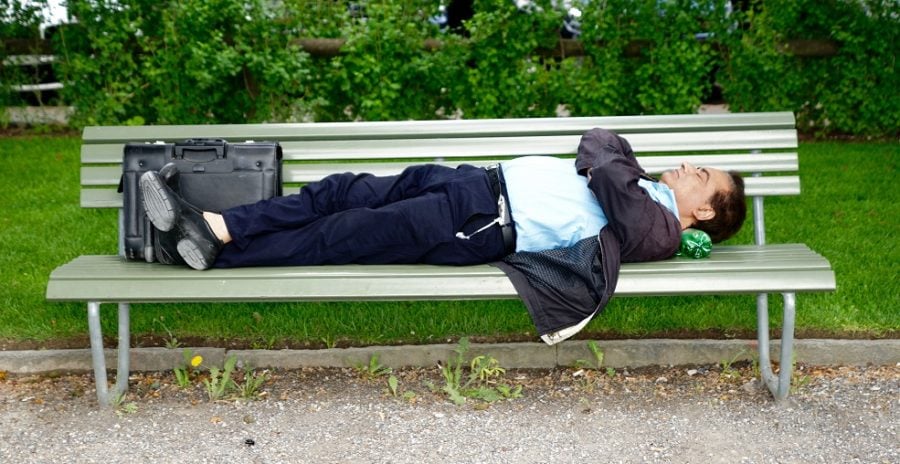Theory of predictive brain as important as evolution – Prof. Lars Muckli
Our brains make sense of the world by predicting what we will see and then updating these predictions as the situation demands, according to Lars Muckli, professor of neuroscience at the Centre for Cognitive Neuroimaging in Glasgow, Scotland. He says that this predictive processing framework theory is as important to brain science as evolution is … Read more






